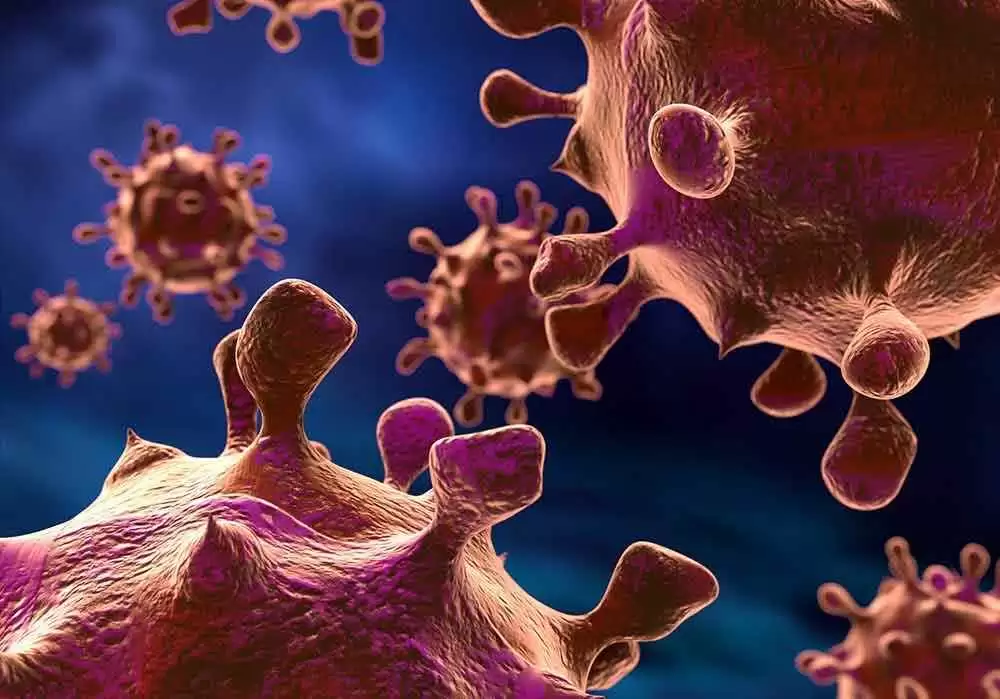
Celiac.com 02/05/2024 - Celiac disease is a condition triggered by gluten consumption in susceptible individuals, and which has long posed challenges for those affected. However, a new study has illuminated a potential guardian in the microbial world that could shield against the gut disruptions caused by gluten.
The study team included Tina Tran, Stefania Senger, Mariella Baldassarre, Rachel A. Brosnan, Fernanda Cristofori, Marco Crocco, Stefania De Santis, Luca Elli, Christina S. Faherty, Ruggero Francavilla, Isabella Goodchild-Michelman, Victoria A. Kenyon, Maureen M. Leonard, Rosiane S. Lima, Federica Malerba, Monica Montuori, Annalisa Morelli, Lorenzo Norsa, Tiziana Passaro, Pasqua Piemontese, James C. Reed, Naire Sansotta, Francesco Valitutti, Ali R. Zomorrodi, and the CDGEMM Team.
Celiac.com Sponsor (A12):
Their novel research focuses on Bacteroides vulgatus, a bacterial species known for its anti-inflammatory properties, and its impact on maintaining the integrity of the human celiac gut.
Researchers Single Out Bacteroides Vulgatus' Protective Effect
The study, conducted by a dedicated team of researchers, initially observed a decreased presence of microbial species with potential anti-inflammatory properties in individuals developing celiac disease compared to those who did not. This led the researchers to hone in on Bacteroides vulgatus, aiming to establish its protective role and understand how its byproducts could counteract gluten-induced changes in human gut epithelial functions.
To delve into this, the researchers identified, isolated, cultivated, and sequenced a unique strain, named 20220303-A2, of B. vulgatus found exclusively in control subjects. Using a human gut organoid system developed from pre-celiac patients, they closely monitored the epithelial phenotype and innate immune cytokines under various conditions: baseline, after exposure to gliadin (a component of gluten), and after exposure to both gliadin and B. vulgatus cell-free supernatant (CFS).
The results were striking. After gliadin exposure, there were noticeable increases in epithelial cell death, epithelial monolayer permeability, and the secretion of pro-inflammatory cytokines—typical hallmarks associated with celiac disease. However, when the organoids were exposed to B. vulgatus 20220303-A2 CFS, these adverse effects were significantly mitigated. Remarkably, the protective effects were linked to epigenetic reprogramming of the treated organoids, suggesting a sophisticated mechanism at play.
The study underscores the significance of gut microbiota in the context of celiac disease, emphasizing that alterations in microbial composition may precede the onset of the condition in genetically susceptible individuals. The dysbiosis observed in these individuals is characterized by a decline in protective bacterial strains, such as B. vulgatus.
In summary, this research not only identifies a unique strain of Bacteroides vulgatus with potential protective properties, but also sheds light on the intricate mechanisms by which it shields the gut epithelium from the disruptions from gluten.
Exactly what, if any new avenues for understanding and, potentially, managing celiac disease, are opened by this research, remains to be seen. Exactly what hope this may offer for those navigating the complexities of a gluten-free lifestyle, also remains unclear. Stay tuned for more on this, and related, celiac disease and gluten-free developments.
Read more in Nature









Recommended Comments
Create an account or sign in to comment
You need to be a member in order to leave a comment
Create an account
Sign up for a new account in our community. It's easy!
Register a new accountSign in
Already have an account? Sign in here.
Sign In Now